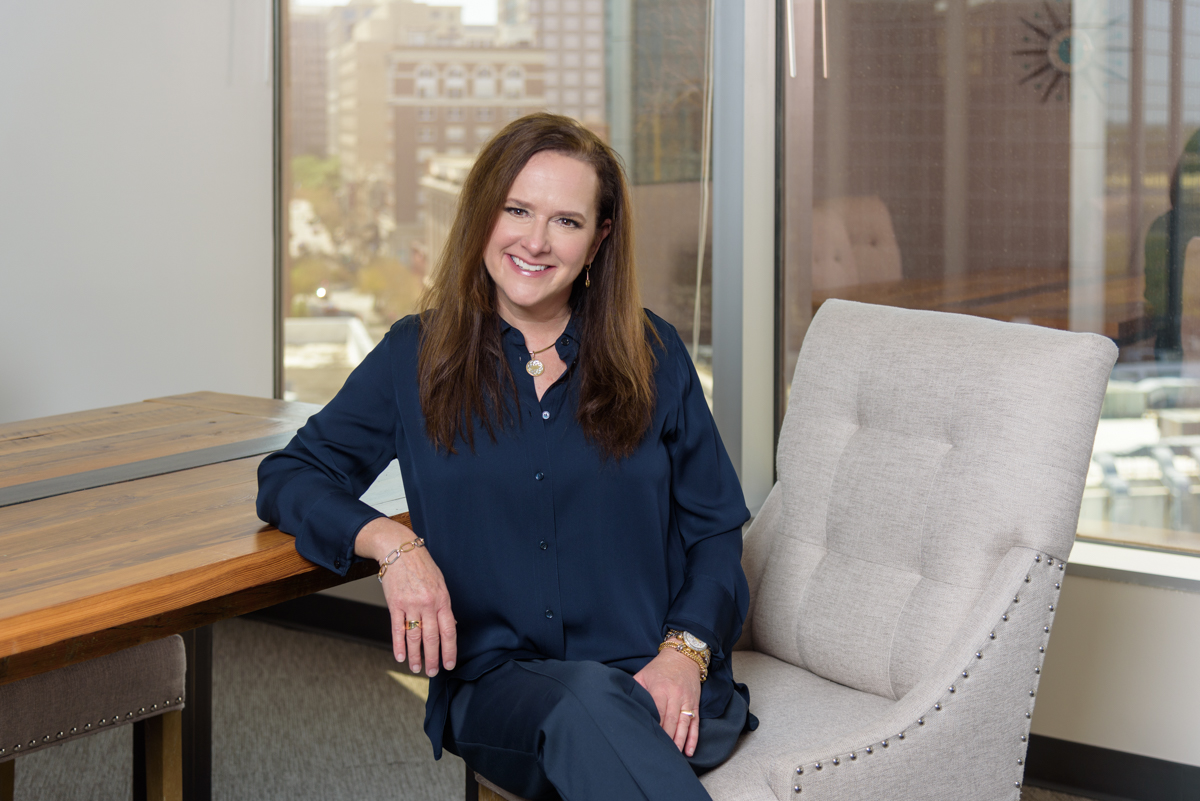Child-Centered Mediation: Balancing the Child’s Voice and Emotional Safety
 In a column published on 9/16 in the Daily Business Review, Family Law Attorney Rebecca Palmer discusses Florida’s updated mediation rules, set in 2025, that raised certification standards, reporting requirements, and upheld stricter enforceability provisions. Within child-centered mediation, mediators play a critical role in ensuring the child’s emotional safety and creating space for children’s voices to be heard and considered.
In a column published on 9/16 in the Daily Business Review, Family Law Attorney Rebecca Palmer discusses Florida’s updated mediation rules, set in 2025, that raised certification standards, reporting requirements, and upheld stricter enforceability provisions. Within child-centered mediation, mediators play a critical role in ensuring the child’s emotional safety and creating space for children’s voices to be heard and considered.
“The mediator’s responsibilities are to use the child’s views and experiences to inform, without swaying the final agreement in any way. Parents remain the decision-makers, but the child’s input should be used as valuable context for crafting a parenting plan that is in the child’s best interest, even though the parents don’t see eye-to-eye.”
The child’s safety is paramount. Children should not be forced to participate in mediation, be subpoenaed, deposed, or make a court appearance. Under the Florida Mediation Confidentiality and Privilege Act, all communication during mediation is confidential. These rules must be explained to participants before sessions in age-appropriate terms.
“Participation should not be measured by age alone but based on the child’s emotional 1/1 readiness. For some, this might mean a relaxed conversation with the mediator, an informal drawing session with a younger child to understand their feelings about transitions between homes, or a written statement from an older teen outlining their preferences for school, summer vacations, and extracurricular activities.”
Read the story in full; click here (subscriber-based).